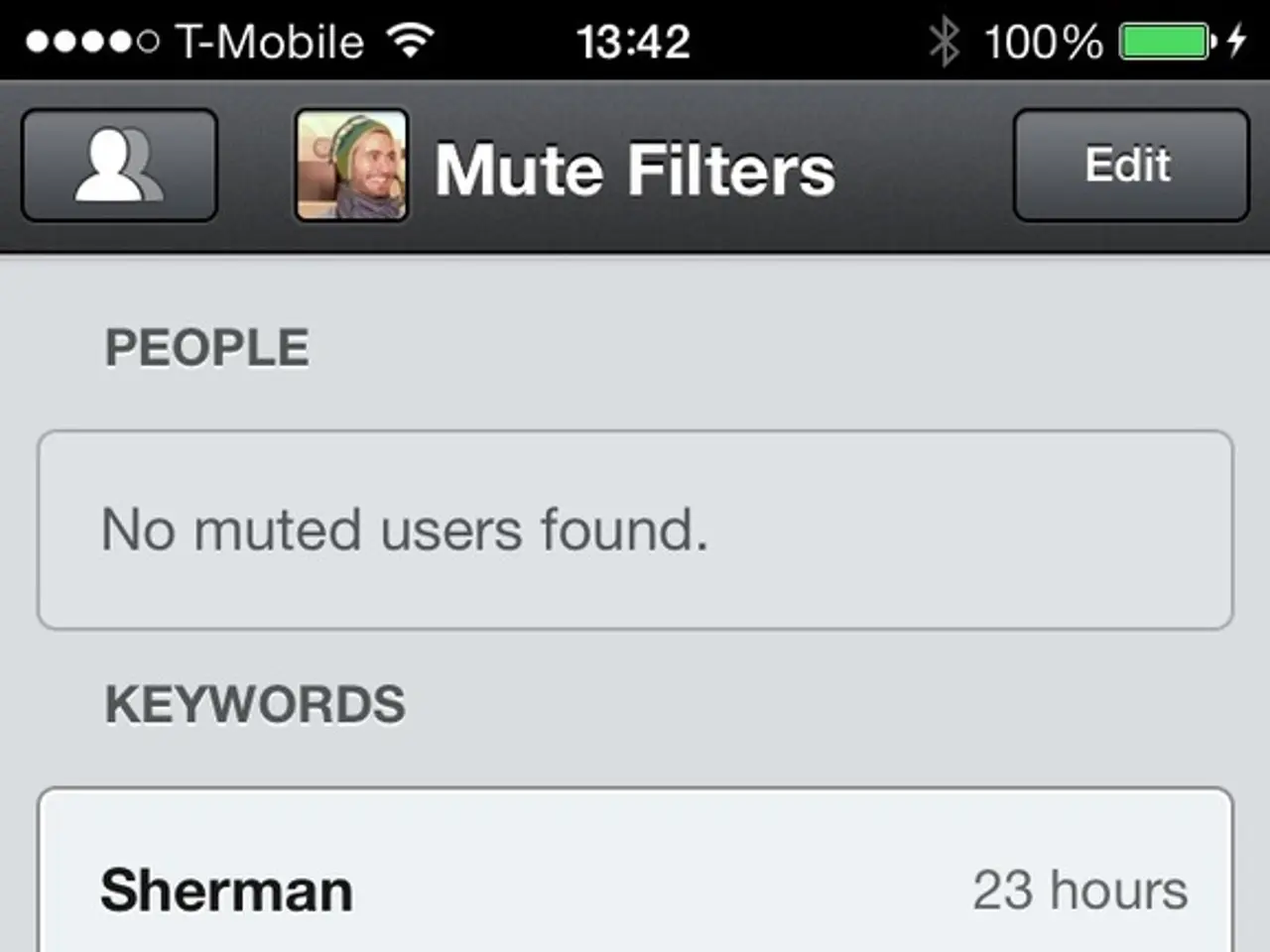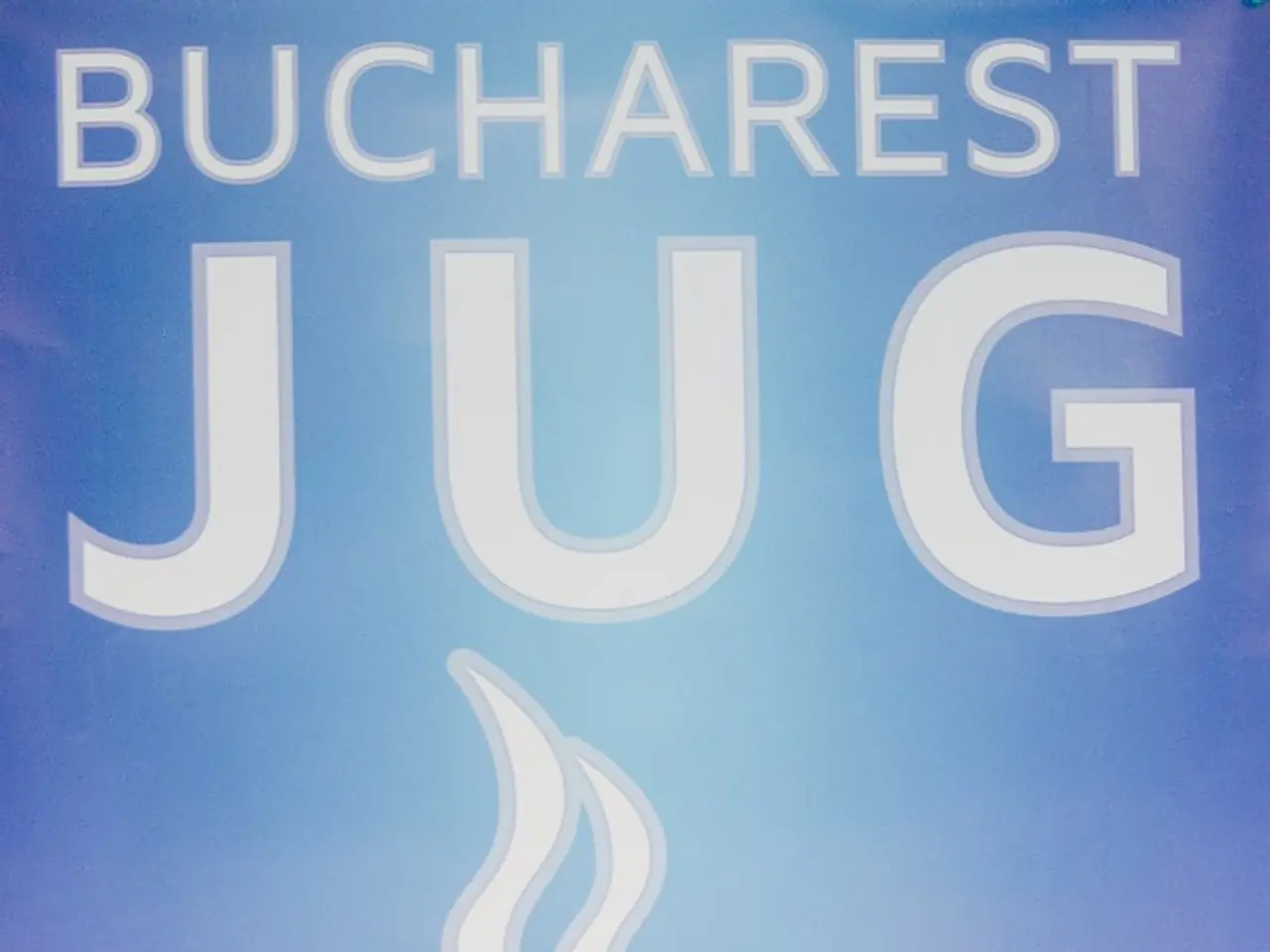MTN, Airtel, and other telecommunication companies will begin to deduct USSD service fees from users' accounts.
In a significant regulatory move, the Nigerian Communications Commission (NCC) has announced a new billing model for Unstructured Supplementary Service Data (USSD) banking sessions, effective from June 2025. The new model mandates that charges for USSD transactions are now deducted directly from customers' mobile airtime balances rather than their bank accounts [1][3][4].
### Telcos Gain Control and Revenue
This change empowers Mobile Network Operators (MNOs) like MTN, Airtel, Globacom, and 9mobile to deduct USSD charges straight from users’ airtime, resolving the past issue where banks deducted fees but failed to remit payments to operators, resulting in a USSD debt exceeding N250 billion by end of 2024 [1][3]. The new End-User Billing (EUB) framework facilitates clearer billing flows and prevents revenue leakage, benefiting telecom operators financially [3].
### Banks Adjust to Reduced Role
Banks no longer deduct USSD charges from customers’ bank accounts, reducing their involvement in the USSD payment cycle [1][2]. This shift may affect banks’ fee income from USSD services, as they lose service fee collection and remittance roles [2]. Major banks like UBA, Access Bank, EcoBank, GTBank, Union Bank, and FCMB have had to inform customers about the change, adjusting operational procedures accordingly [1][3].
### Customers Adapt to New Charging Structure
Customers pay N6.98 per 120-second USSD session directly from their mobile airtime rather than their bank accounts, requiring them to ensure sufficient phone credit to access USSD banking [2][4]. Subscribers receive prompts to approve airtime deductions, ensuring informed consent before charges occur [3]. For customers with low or no airtime, this may temporarily restrict USSD banking access compared to when fees were deducted from bank balances [2].
### Balancing Interests and Preserving Financial Inclusion
While this model may complicate billing for some, USSD remains a vital banking channel, especially for users without internet access or smartphones [1][2]. The new billing model represents a significant regulatory and operational reform aimed at bringing clarity, fairness, and sustainability to USSD service billing in Nigeria, balancing interests of telecom operators, banks, and customers while upholding financial inclusion [1][2][3][4].
### Summary
| Stakeholder | Impact | Notes | |------------------|-------------------------------------------|--------------------------------------------| | Telecom Operators| Direct USSD fee collection; reduces payment disputes | Resolves N250bn debt issue | | Banks | Removed as fee collectors; loss of fee revenue | Must inform customers; shift operational roles| | Customers | Fees deducted from airtime not bank accounts | Need airtime balance; must opt-in to charges|
The success of the new billing model will depend on user experience, public education, and the ability of stakeholders to maintain service affordability. The standardized pricing of ₦6.98 per 120 seconds per session provides predictability for users. The new model introduces a consent prompt before any charge is applied, fostering greater transparency and trust. The new model eliminates the need for telcos to pursue banks for settlements, reducing bad debt as payments are collected instantly at the point of transaction.
The implementation of the new billing model is likely to kick off before the end of June. This shift marks a significant step towards modernizing and streamlining USSD banking in Nigeria, ensuring its utility as a financial inclusion tool continues to thrive.
- The new End-User Billing (EUB) framework benefiting telecom operators financially, allowing Mobile Network Operators (MNOs) to deduct USSD charges directly from users’ airtime.
- This shift may affect banks’ fee income from USSD services, as they lose service fee collection and remittance roles, potentially requiring banks to adjust operational procedures accordingly.
- Customers, in the new charging structure, pay USSD fees directly from their mobile airtime, requiring them to ensure sufficient phone credit to access USSD banking and receive prompts to approve airtime deductions.




